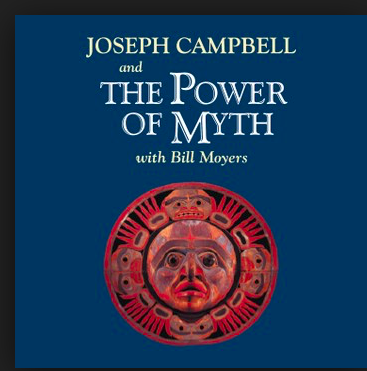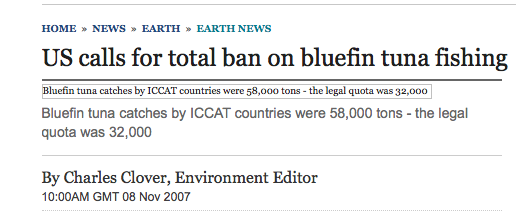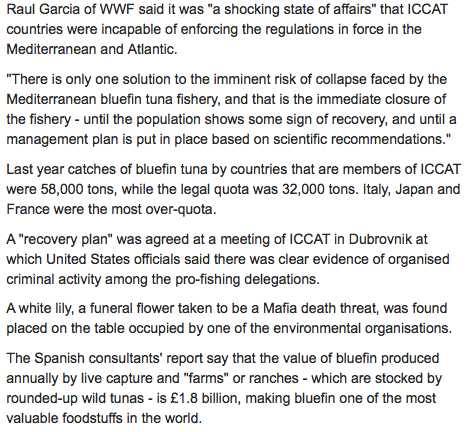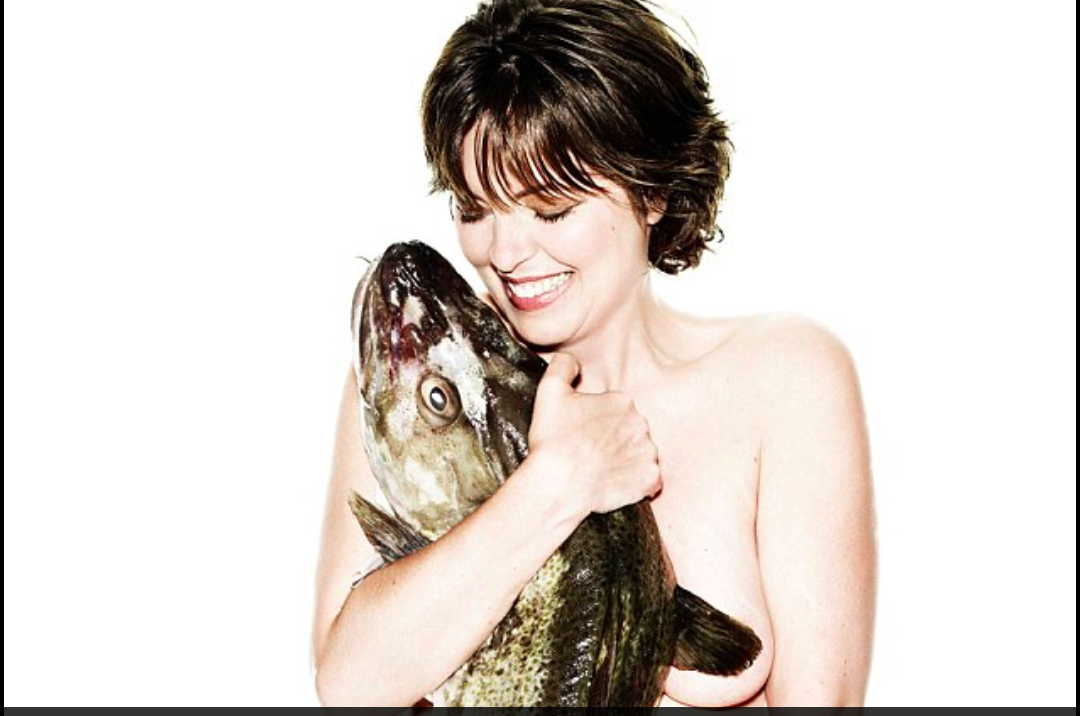The biggest contrast between NGOs and industry is that most NGO’s can to tell a good story.
Rose sets aside a whole chapter about “Communicating with Humans.” He reminds us that stories are something we have been brought up with. Stories have been around a lot longer than the written word.
Campaigns are full of great stories. Even so, most campaigners don’t talk about them.
Policy is boring
I am a policy nerd. I like policy, politics and process. A long time ago, I got beyond the denial and realised that most people think that public policy is dull.
I realised that my interest in Brookings Policy Briefings was not going to win over more than a small group. Life is too short to try and changes thier minds!
Reading Rose showed me that even the dullest public policy issue could be made interesting by telling a good story.
Can you learn to Tell a Good Story
If you are serious about storytelling you need to apply the lessons from this book.

Rose mentions “six types of stories you need to tell:
1. Who I am stories
2. Why I am here stories
3. My vision stories
4. Teaching stories
5. Values in actions stories
6. ‘I know what you are thinking stories “ (p.46).
I like the ‘good v evil’ storyline. Celebrity culture has grown, and that’s useful.
Case Studies
When I worked in fisheries, as a campaigner and not a fish head, I realised that the public, politicians and most officials found technical fisheries policy issues dull.
To this day, if you get a shoal of fisheries campaigners together, you’ll hear the call for “what do we want: an eco-system based fisheries management following MSY, when do we want it, now.”


Instead of talking of MSY, we highlighted the link between the mafia, foreign multi-nationals, and overfishing of blue-fin tuna.
Celebrity naked photoshoots raised awareness in the public and the pulses of every 50-year-old male to the issue of North Sea Cod conservation.

Or more recently

When the FT, Telegraph or Daily Mail cover the story they pick it up and run with it not because of the reportage but because they have been pitched a compelling story.
Can Corporates tell good campaign stories?
Too many in industry seem convinced that they have to tell ’a dull story’ when it comes to public policy or legislation.
When you speak to their salespeople, or better yet, the inventor of the product or service, you’ll hear how this genuine innovation is making the lives of their customers better.
The TV is full of great advertisements that tell powerful stories about the product or service.
I remember a company whose services makes the lives of countless tens of millions of people in Europe better. The company was facing an onslaught of new legislation. What was remarkable, the company seemed un-interested in telling the story about the ‘benefits’. The only discernable issue of focus for the company was preserving the next quarter financial targets.
One of the greatest forces in campaigns is when ordinary people come forward with their stories. When this connection happens a powerful political force is unleashed. This often happens by accident.
Yet, many companies seem afraid to harness the power of their customers. Many companies seem worried that they can’t tell their customers that a service or product they sell to them is under threat.


Source: Business Insider.
The only company I know who have looked to harness the power of their customers is Uber. Their customers provided a powerful counter-weight against well organised incumbent taxi services.
Visuals are a lot more important than words.
Today, the industry is obsessed with position papers and briefings. I am sceptical of their value beyond a narrow clique of the policy elite. Even then, charts and infographics are just as, if not more useful than a long briefing note.

NGOs are full of issue experts. Many issue experts default option is to go for boring. They’d rather battle it out in academic peer-reviewed journals than in a TV debate. I know it, I’ve seen it.
The difference is that for most NGOs, a long time ago, senior people far higher up the food chain realised that winning the peer review journal game was not going to bring about change. If they wanted to stay relevant they needed to adapt. Some did and survived.
A good solution is to bring in a separate professional campaign and media team. They develop and execute the campaign strategy. The scientific experts don’t have a big hand in taking the idea forward. They make sure the facts don’t fall by the wayside.
Few firms are prepared to go this far. Maybe they should.